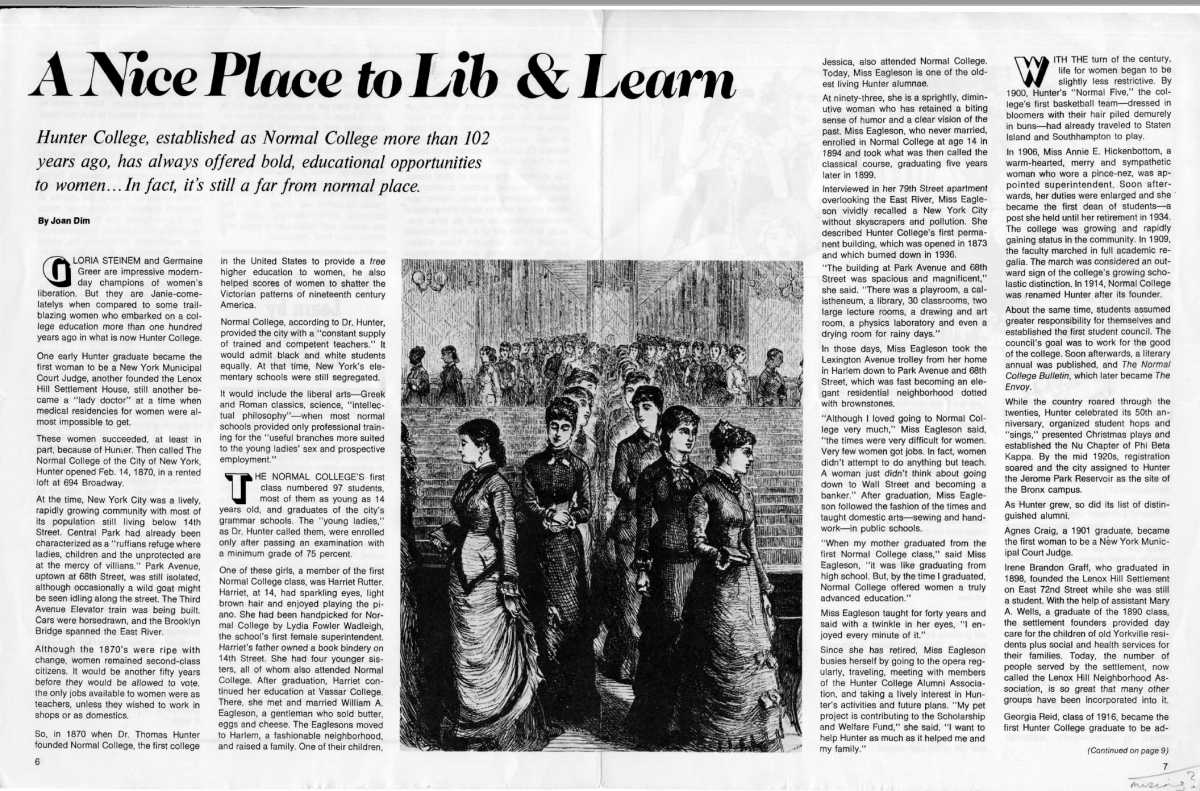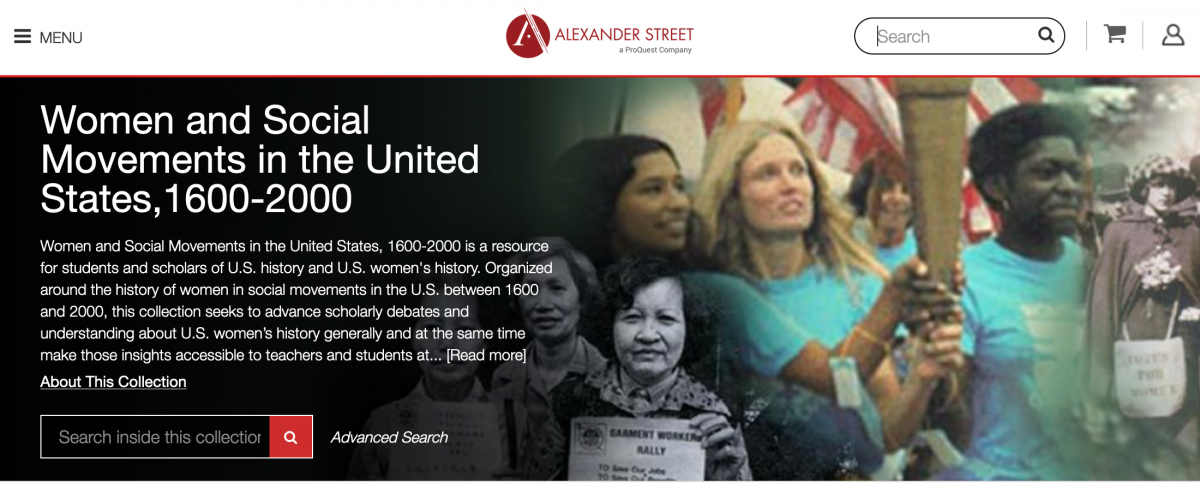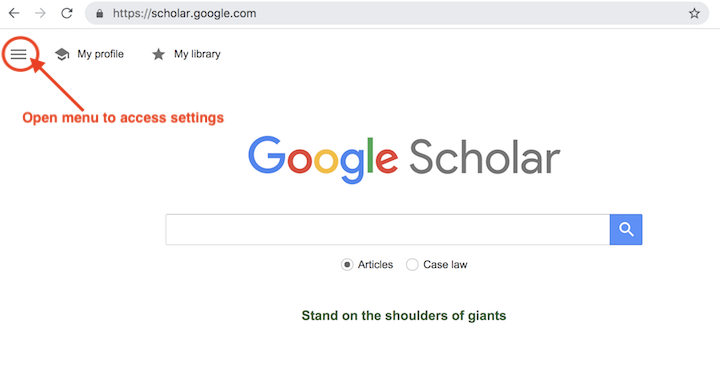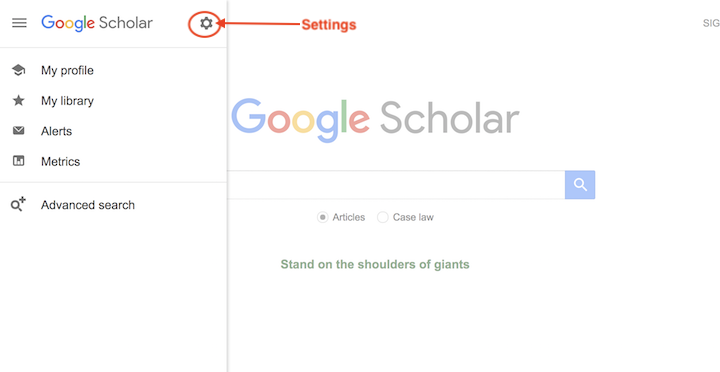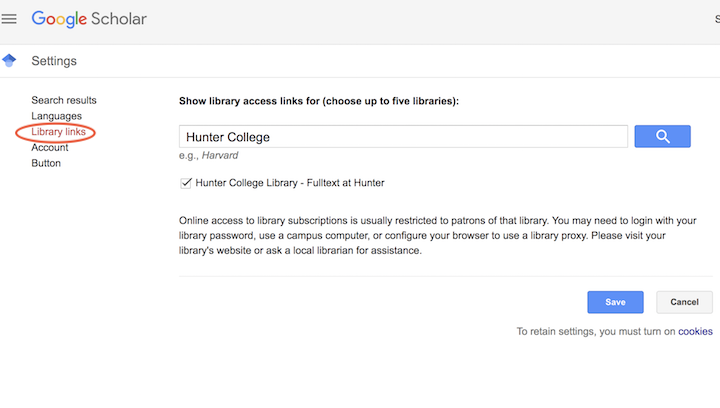Between May 31 and June 1st, 1921, a prosperous African American community in Tulsa, Oklahoma was viciously attacked by a white mob. Hundreds of residents were killed, over a thousand homes were destroyed and successful businesses were obliterated. President Biden visited the area to discuss what happened with survivors and current residents, the first time a president has done so.
For more information about this atrocity, try a search for 'Tulsa Race Massacre' in the OneSearch field on the Hunter College Libraries homepage. Over 1200 results were returned that included the search term Tulsa riot, the term commonly used in the past. An article title in the search results attests to the significance of this change in term usage “Library of Congress Changes Subject Heading of the Tulsa Race Riot to the Tulsa Race Massacre" (login with NetID and password required). See the blog post on the Library of Congress' website that illustrates how news sources at the time handled coverage, Tulsa Race Massacre: Newspaper Complicity and Coverage.
For a contemporary interactive article on the New York Times website, see What the Tulsa Race Massacre Destroyed. (Sign up for a free New York Times Academic Pass with your Hunter College email address.)
Image: “Tulsa’s Terrible Tale Is Told,” The Chicago Whip (Chicago, IL), June 11, 1921, p. 1. as shown on the blog post, Tulsa Race Massacre: Newspaper Complicity and Coverage.
